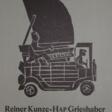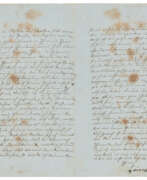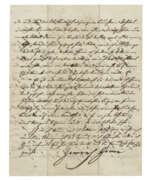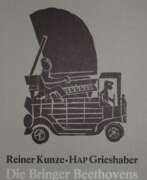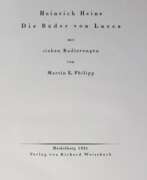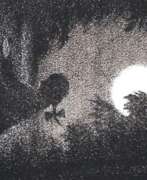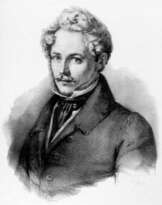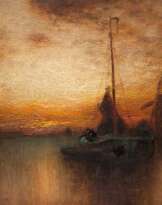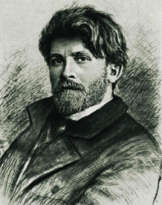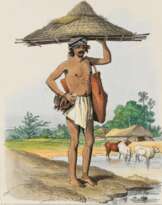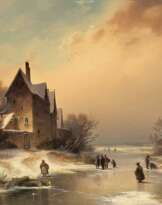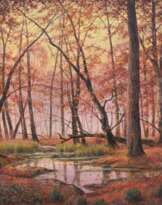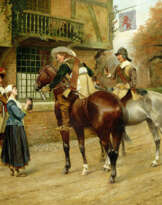Heinrich Heine (1797 - 1856)
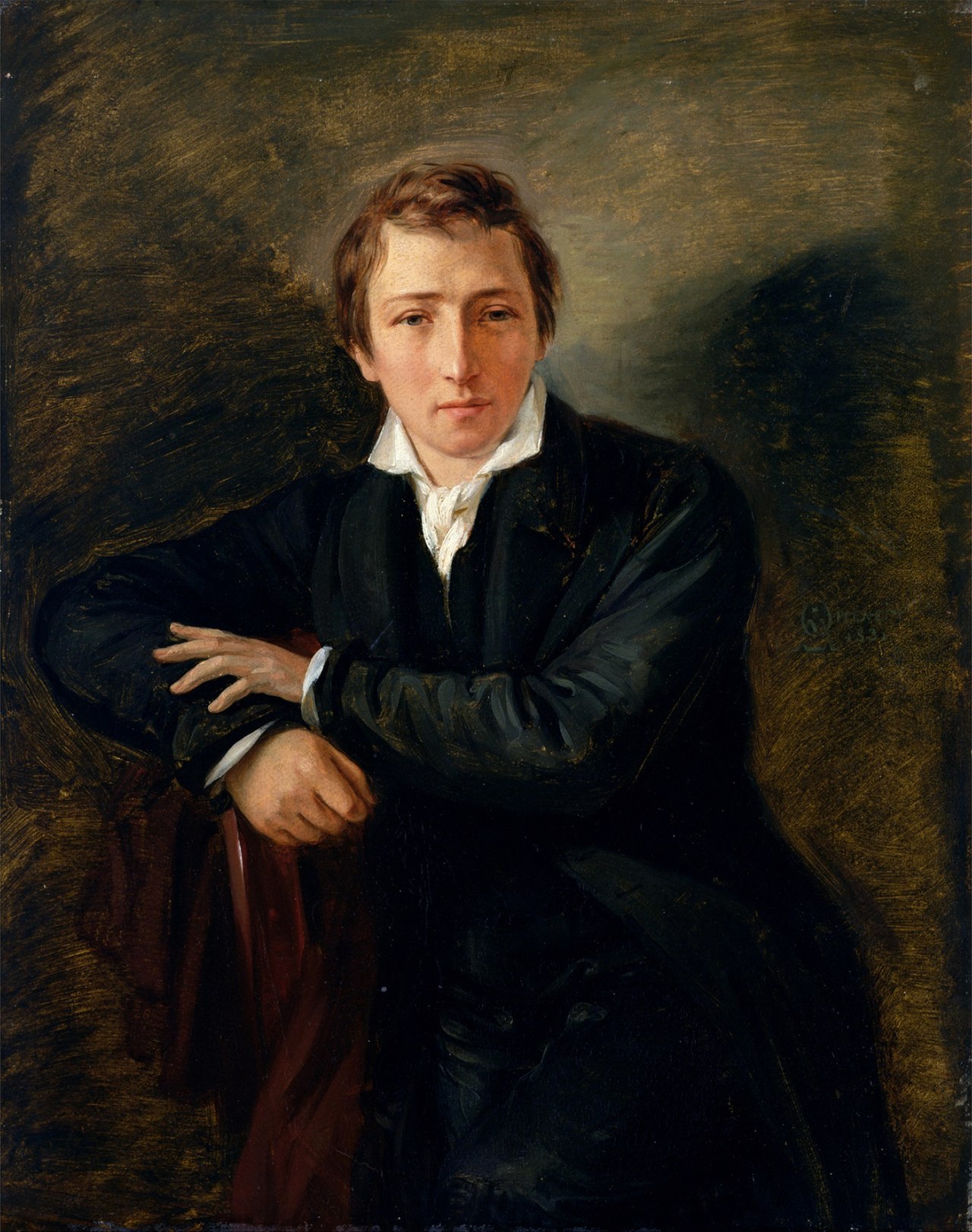
Heinrich Heine
Christian Johann Heinrich Heine was a German poet and writer, known for his lyric poetry that has been set to music as Lieder by composers such as Schumann and Mendelssohn. Born as Harry Heine in Düsseldorf, he later became one of the most significant figures in German Romantic literature. His works exhibit a range of themes, from the humorous to the serious, and he is celebrated for making the language of everyday life suitable for poetry.
Heine's contributions to literature go beyond poetry; he was also a journalist and essayist. His prose works, like "Reisebilder," mix travelogue with literary critique, and his sharp wit and satire often targeted the social and political issues of his time. These features made him a pioneering figure in the transition from German Romanticism to Realism.
In museums, Heine's original manuscripts and early editions of his works are prized possessions. They connect collectors and literary enthusiasts to a pivotal era of literary change. For those who cherish the romance of words intertwined with the authenticity of history, seeking out Heine’s works can be a rewarding endeavor. Explore his literary artistry and consider adding a piece of his legacy to your collection.
| Date and place of birt: | 13 december 1797, Düsseldorf, Duchy of Berg |
|---|---|
| Date and place of death: | 17 february 1856, Paris, France |
| Period of activity: | XIX century |
| Specialization: | Journalist, Poet, Writer |
| Genre: | Poetry, Prose |
| Art style: | Romanticism |
